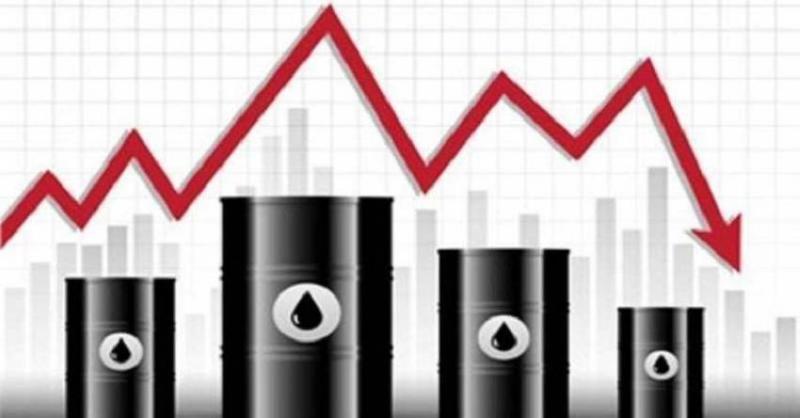Oil prices fell on Monday, pulling back from a surge on Friday as investors assessed the implications of the conflict between Israel and the Islamic resistance movement "Hamas" on other countries, which could drive prices up and strike a new blow to the global economy. Brent crude futures dropped by 34 cents or 0.4% to $90.55 per barrel, while West Texas Intermediate futures fell by 41 cents or 0.5% to $87.28 per barrel by 00:48 GMT. Both grades rose by about six percent on Friday, marking the largest daily percentage increase since April, as investors considered the escalating conflict in the Middle East. Throughout the week, Brent gained a record 7.5%, while West Texas Intermediate increased by 5.9%.
Hiroyuki Kikukawa, head of NS Trading, a unit of Nissan Securities, stated, "Investors are trying to gauge the impact of the conflict, while a large-scale ground attack has not yet begun, following a 24-hour deadline set by Israel for residents in northern Gaza to flee to the south." He added, "The potential effects that may involve oil-producing countries have been somewhat factored in, but if a full-scale ground invasion were to occur and impact oil supplies, prices could easily exceed $100 per barrel."
The conflict in the Middle East has had little effect on global oil and gas supplies, as Israel is not a major producer. However, the war between Hamas and Israel represents one of the most significant geopolitical risks to oil markets since last year's Russian invasion of Ukraine, amid concerns over any potential escalation involving Iran. Market participants are assessing what a broader conflict might mean for supplies from countries in the world's largest oil-producing region, including Saudi Arabia, Iran, and the United Arab Emirates.




